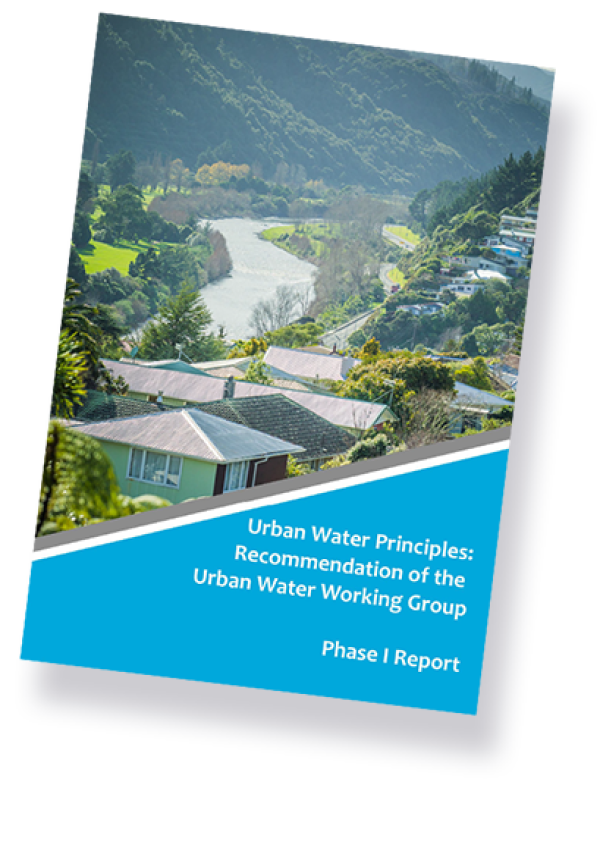The design, management and human activities in some urban areas in New Zealand are having adverse effects on aquatic ecosystems, water resources, and people’s relationships with them. Some of these effects are significant and long-term, including impacts on human health (climate resilience, the economy, and the health of downstream environments.
The Urban Water Principles report released this month is a first step in tackling these big issues in a collaborative way. The report documents the initial work of the Urban Water Working Group—an independent collaborative body comprising urban water practitioners and technical experts that was convened by the Ministry for the Environment.
The report sets out 10 principles that encapsulate the Working Group's vision for promoting sustainable urban environments and framing good practices. It also summarises the process the Working Group undertook, initial findings and the groups recommendations. These principles inform: urban water policy, planning and consenting decisions, urban development and infrastructure design choices and other activities that impact urban water outcomes.
NIWA Urban Aquatic Scientist, Jonathan Moores, a member of the Group, says, “our research tells us that many urban water ways are in poor shape.
“The Urban Water Principles provide a new direction for water management in our towns and cities—emphasizing the need to work with nature to ensure there is better water quality and waterways where wildlife can thrive and that communities can enjoy. Our role is to continue to support this initiative by progressing science that supports urban water managers and communities to deliver on these principles.”


